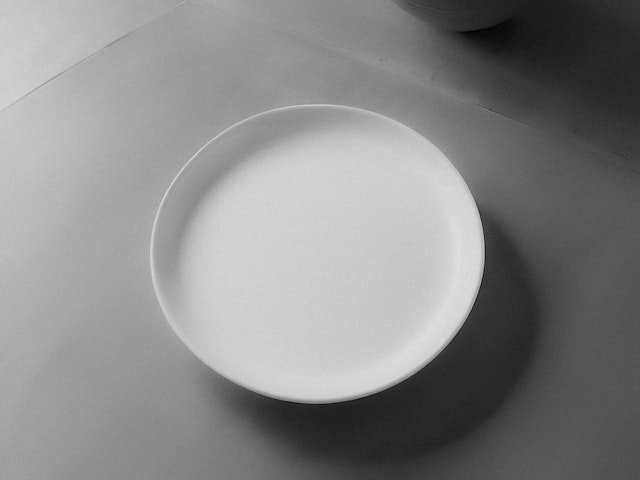The Crucial Role of Water: Essential for Bodies and the Environment
Hydration and Bodily Functions
Water, constituting approximately 60% of the human body, is indispensable for numerous physiological processes. One of its critical roles lies in facilitating digestion. Water aids in breaking down food, enabling the digestive system to efficiently absorb essential nutrients. This process begins in the mouth with saliva, a water-rich fluid, and continues throughout the digestive tract, ensuring that nutrients are effectively assimilated and waste products are adequately processed.
Circulation is another vital function heavily dependent on water. Blood, primarily composed of water, is responsible for transporting oxygen and nutrients to cells and removing waste products. Adequate hydration ensures that blood volume is maintained, supporting optimal circulation and nutrient delivery. Without sufficient water, blood can become thicker, making it harder for the cardiovascular system to function efficiently.
Water also plays a crucial role in regulating body temperature. Through the processes of sweating and respiration, water helps dissipate excess heat, maintaining a stable internal environment. When the body heats up, sweat glands release water onto the skin’s surface. As sweat evaporates, it removes heat, cooling the body down. Similarly, during respiration, water vapor is expelled, contributing to temperature regulation.
Moreover, water acts as a lubricant and cushion for our joints, organs, and tissues. Synovial fluid, which lubricates joints, is water-based, allowing for smooth and pain-free movement. Additionally, water surrounds and protects vital organs and tissues, cushioning them against physical shock and ensuring their proper function. This protective mechanism is crucial in maintaining the health and functionality of delicate structures within the body.
In essence, water’s multifaceted role in supporting digestion, circulation, temperature regulation, and joint lubrication underscores its fundamental importance to our health. Ensuring adequate hydration is paramount in maintaining these critical bodily functions, highlighting the indispensable nature of water in our daily lives.
Water’s Role in Organ Health and Skin Maintenance
Water is a fundamental component of our bodies, playing a pivotal role in maintaining organ health and skin integrity. One of the most vital organs that benefit from adequate hydration is the kidneys. Water is essential for kidney function, as it enables the kidneys to filter waste products and toxins from the blood. When the body is well-hydrated, the kidneys can efficiently remove these unwanted substances, thereby maintaining a healthy balance of electrolytes and preventing the accumulation of harmful compounds.
In addition to its critical function in the kidneys, water significantly impacts skin health. Proper hydration ensures that skin cells remain plump, which helps maintain the skin’s elasticity and suppleness. Hydrated skin cells can better resist the formation of wrinkles and dryness, contributing to a more youthful and healthy appearance. Conversely, dehydration can lead to dry, flaky skin and increase the visibility of fine lines, emphasizing the importance of sufficient water intake for maintaining skin vitality.
Another crucial aspect of water’s role in the body is its contribution to joint health. Water acts as a lubricant for joints, which is essential for preventing joint pain and ensuring smooth and pain-free movement. The synovial fluid, which surrounds and cushions the joints, relies on adequate hydration to maintain its viscosity and effectiveness. Without enough water, joints can become stiff and more susceptible to injury, highlighting the necessity of hydration for overall mobility and comfort.
In summary, water’s importance extends beyond mere hydration; it is a cornerstone of organ health and skin maintenance. By supporting kidney function, enhancing skin health, and lubricating joints, water proves to be indispensable for the body’s overall well-being. Ensuring adequate water intake is, therefore, a simple yet powerful step towards maintaining optimal health and vitality.






